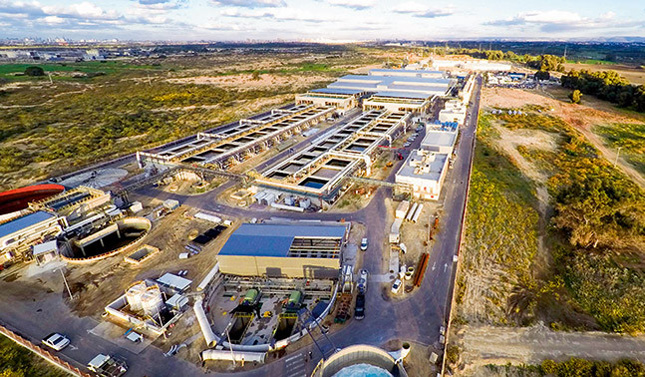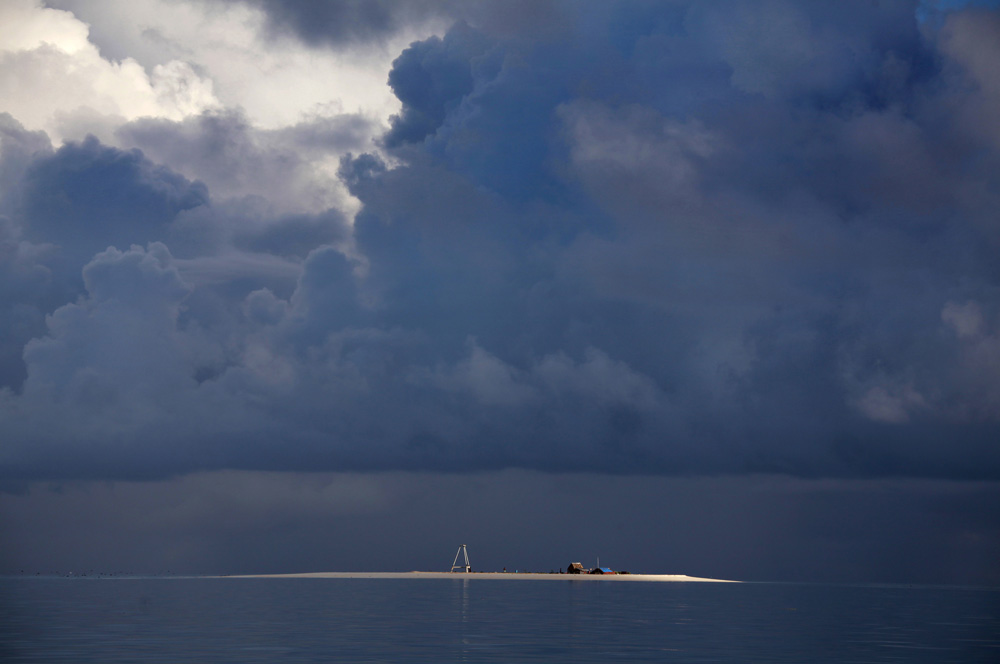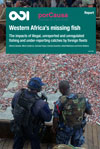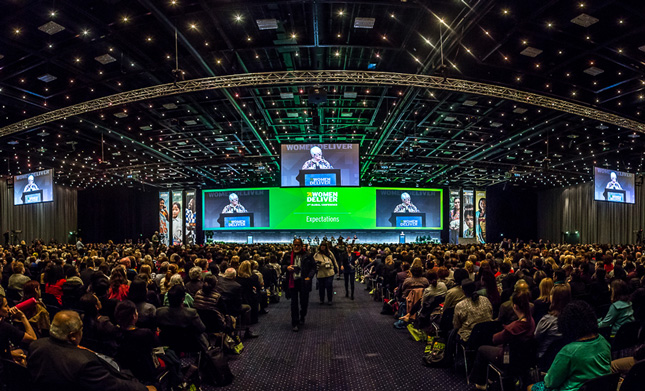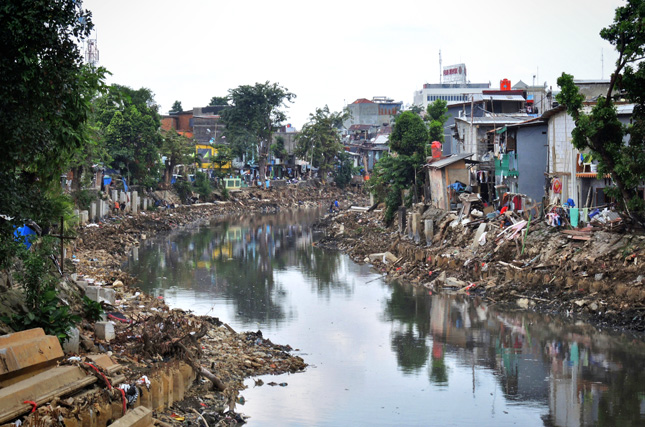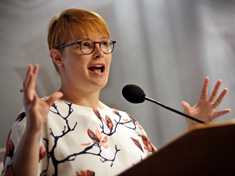-
Deep Trouble: Emerging Resource Competition in the Deep Sea
›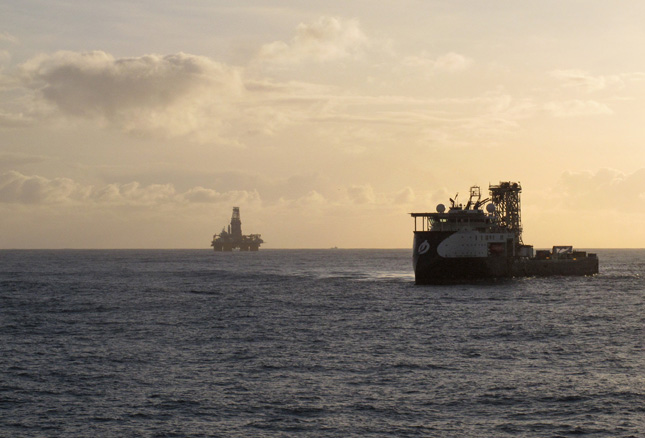
It might seem strange to say that the deep sea, the vast expanse of the world’s oceans beyond the continental shelf, is at risk of conflict and competition. After all, no one lives there, and as is often said, more is known about the surface of the moon than most parts of the ocean floor. But the fact is, even the cold, dark reaches of the ocean are no longer immune to resource competition between the world’s major powers.
-
Rowand Jacobsen, Ensia
Can New Water Tech Help Reduce Conflict in Middle East?
›August 9, 2016 // By Wilson Center Staff
Ten miles south of Tel Aviv, I stand on a catwalk over two concrete reservoirs the size of football fields and watch water pour into them from a massive pipe emerging from the sand. The pipe is so large I could walk through it standing upright, were it not full of Mediterranean seawater pumped from an intake a mile offshore.
-
Justice and Contemporary Climate Relocation: An Addendum to Words of Caution on “Climate Refugees”
› -
Is Shanghai’s Appetite for Sand Killing China’s Biggest Lake?
› -
Tracking Illegal Fishing in West Africa, and Improving Soil Data to Better Model Climate Effects
› Overfishing by foreign fleets in West Africa is leading to devastating social and economic consequences. In a report from the Overseas Development Institute, an independent think tank based in London, researchers use satellite data to assess the scale of two kinds of illegal, unreported, and unregulated fishing: “reefers,” or large-scale commercial vessels receiving and freezing fish at sea and at port, and large refrigerated container ships that are registered in countries with less stringent enforcement regulations than that of the ship’s owners.
Overfishing by foreign fleets in West Africa is leading to devastating social and economic consequences. In a report from the Overseas Development Institute, an independent think tank based in London, researchers use satellite data to assess the scale of two kinds of illegal, unreported, and unregulated fishing: “reefers,” or large-scale commercial vessels receiving and freezing fish at sea and at port, and large refrigerated container ships that are registered in countries with less stringent enforcement regulations than that of the ship’s owners. -
After Women Deliver, What’s Next for Women and Girls?
›
The once-every-three-years Women Deliver conference has become a major coalescing force for various global health and development efforts aimed at women and girls. “We operate at a global level, influencing the agenda” by focusing on the “four Cs”: convening, communicating, capacity-building, and catalyzing, said Susan Papp, director of policy and advocacy for Women Deliver. [Video Below]
-
When It Comes to Water Scarcity, Population Growth Tops Climate Change
›
One of the findings of the Worldwatch Institute’s Family Planning and Environmental Sustainability Assessment (FPESA) suggests it’s not accurate to claim that climate change is at the root of growing water scarcity around the world. Based on the best recent scientific evidence we could find, another major global trend – the ongoing growth of human population – has a greater impact on water availability than climate change does.
-
Alix Bacon on Building a Global Community of Midwives
›
The fourth global Women Deliver conference in May brought nearly 6,000 experts and advocates to Copenhagen to address the health and rights of women and girls, including a small group of young midwives who attended a symposium beforehand. “I went in a little bit skeptical,” says Alix Bacon, president of the Midwives Association of British Columbia and one of 32 women under 35 who received a scholarship to attend, in this week’s podcast. “And I came home a changed woman and a believer.”
Showing posts from category *Main.


